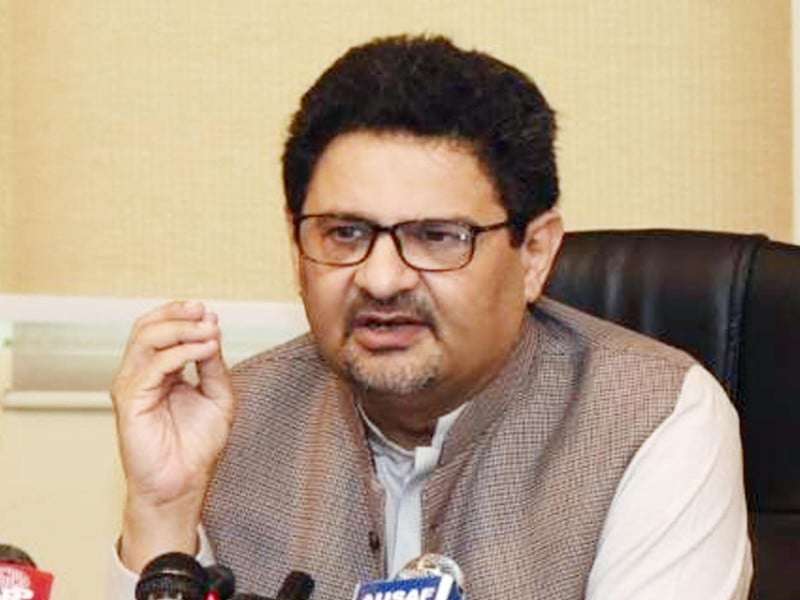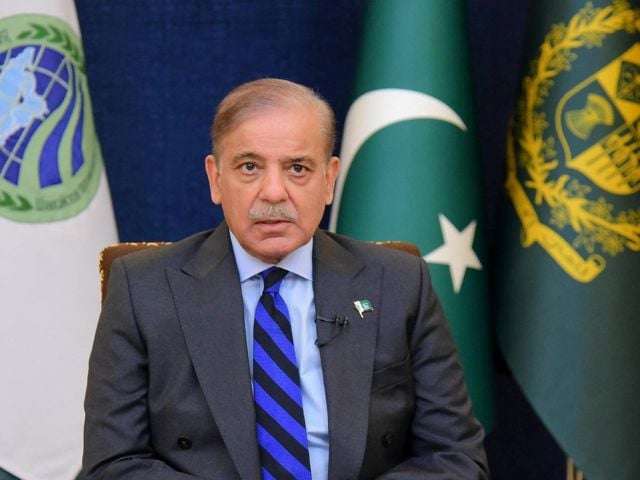Government’s Economic Policies Under Fire Amid Inflation Crisis
Former finance minister Miftah Ismail has heavily criticized the government’s economic policies, particularly targeting the surging costs of sugar and electricity in Pakistan. Addressing a press conference in Karachi, Ismail accused the government of prioritizing the interests of sugar mill owners and influential business groups while neglecting the financial struggles of ordinary citizens.
The seasoned economist and politician blamed the government’s decision to permit sugar exports for the surge in domestic prices. He also highlighted the failure of authorities to control electricity tariffs, which have made Pakistan one of the most expensive countries in the region for energy consumption.
Sugar Prices Skyrocket Due to Government Policies
Impact of Sugar Export Decisions
Miftah Ismail pointed out the consequences of the government’s decision to allow the export of millions of tonnes of sugar. He argued that this move benefited sugar mill owners, particularly in Sindh and Punjab, while creating an artificial shortage in the local market, driving up prices.
“Six months ago, the government permitted the export of 5 to 6 million tonnes of sugar so that mill owners could earn in dollars, but at the cost of Pakistani consumers.”
As a result, sugar prices surged from Rs115 per kg to Rs175 per kg in just a few weeks. Despite official price caps, market forces continue to push prices higher, revealing the inefficacy of regulatory measures.
Political Hypocrisy in Economic Decisions
Ismail directly challenged the ruling Pakistan Muslim League-Nawaz (PML-N), questioning their reversal on sugar export policies. He recalled that the party had previously criticized former Prime Minister Imran Khan’s government for allowing sugar exports, yet had now made a similar decision.
“Shehbaz Sharif sahab, what changed your stance on sugar exports? The public deserves an answer.”
He accused the government of misleading citizens, citing past assurances that sugar prices would remain under control, only for them to spiral out of reach for many families.
Rising Sugar Consumption and Economic Burden
Pakistan’s sugar consumption is expected to reach 6.7 million tonnes in 2024-25 due to population growth and industrial demand. Despite producing 6.84 million tonnes last year, consumers continue to face high prices. The Competition Commission of Pakistan (CCP) has issued warnings to sugar mill owners regarding price manipulation, but regulatory enforcement remains weak.
Electricity Prices and Their Impact on Pakistan’s Economy
Comparing Electricity Costs with Neighboring Countries
Ismail also criticized Pakistan’s soaring electricity tariffs, which he said are discouraging investment and damaging economic growth. Comparing Pakistan’s electricity costs with those in neighboring countries, he argued that high tariffs make the country uncompetitive.
“Pakistan’s electricity prices are higher than those in Bangladesh, India, Sri Lanka, Indonesia, and even Kenya. What justifies such expensive rates?”
Burden on Businesses and Households
With electricity tariffs increasing, industrial production costs have risen, making Pakistani exports less competitive in international markets. The rising costs have also hit households hard, leading to growing frustration among the public.
Government’s Energy Policy Failures
Ismail accused the government of policy failures, mismanagement, and corruption, leading to unsustainable electricity pricing.
“Your policies are ineffective, full of contradictions, and driven by greed rather than public welfare.”
The Need for Urgent Economic Reforms
Proposed Solutions
Miftah Ismail called for immediate economic reforms, including:
- Transparent sugar export policies to prevent price manipulation.
- Subsidies for essential commodities to reduce the burden on consumers.
- Lower electricity tariffs to boost industrial productivity.
- Stronger regulatory enforcement to curb cartelization in the sugar and energy sectors.
- Investor-friendly policies to attract foreign investment and stabilize the economy.
Public Reaction and Future Outlook
Amid soaring inflation, protests are erupting in various cities, demanding government action. As Pakistan faces an economic crisis, the government is under increasing pressure to implement meaningful reforms to stabilize prices and improve economic conditions.
FAQs
1. Why are sugar prices increasing in Pakistan?
Sugar prices have surged due to excessive exports, market manipulation, and high production costs. The government’s decision to allow exports has reduced local supply, leading to price hikes.
2. How do high electricity prices affect Pakistan’s economy?
Expensive electricity increases production costs for businesses, reduces competitiveness in exports, and burdens households with high utility bills.
3. What steps can the government take to lower sugar prices?
The government can regulate sugar exports, introduce subsidies, enforce price controls, and penalize hoarders to stabilize prices.
4. How does Pakistan’s electricity pricing compare with other countries?
Pakistan has higher electricity tariffs than regional competitors, making it less attractive for foreign investors and industries.
5. What role does the Competition Commission of Pakistan (CCP) play in controlling sugar prices?
The CCP monitors and takes action against price manipulation and anti-competitive practices, but enforcement has been weak.



